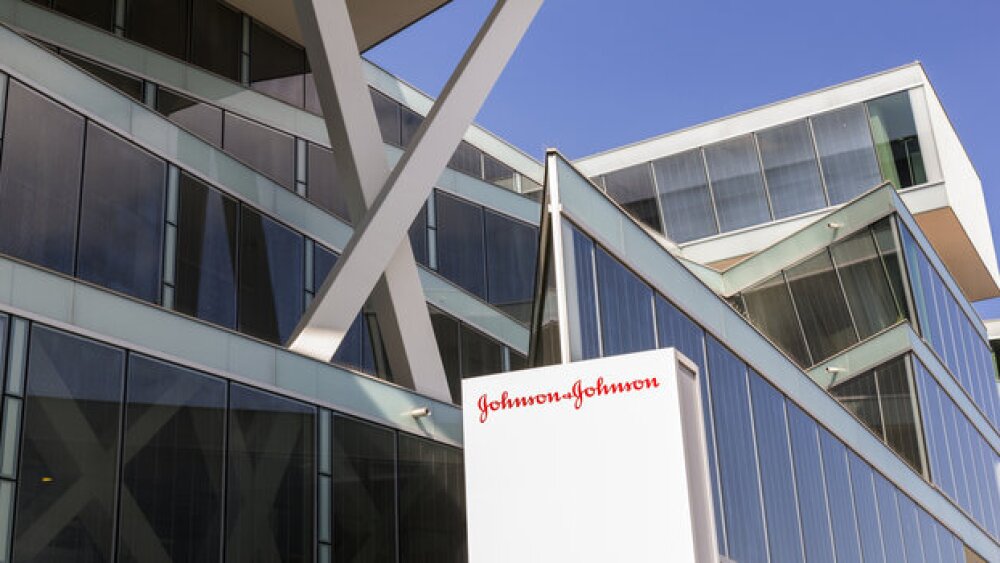Novartis, Novartis Hellas and Alcon Inc. have agreed to pay a total of more than $346 million to settle bribery charges under the Foreign Corrupt Practices Act (FCPA), which is a U.S. anti-bribery law.
Novartis, Novartis Hellas and Alcon Inc. have agreed to pay a total of more than $346 million to settle bribery charges under the Foreign Corrupt Practices Act (FCPA), which is a U.S. anti-bribery law.
Novartis Hellas, a Greece-based Novartis unit, agreed to pay a $225 million criminal fine as part of a deferred prosecution agreement. The unit bribed doctors and hospitals to prescribe their products.
Alcon, which Novartis spun off in 2019, will pay $8.9 million in criminal fees for its involvement. Alcon kept false records in order to cover up bribery that occurred to advance its business in Vietnam, according to U.S. officials.
On Thursday, the U.S. Securities and Exchange Commission (SEC) announced that Novartis agreed to pay over $112 million to settle charges against the company under the FCPA.
“Novartis AG’s subsidiaries profited from bribes that induced medical professionals, hospitals, and clinics to prescribe Novartis-branded pharmaceuticals and use Alcon surgical products, and they falsified their books and records to conceal those bribes,” Assistant Attorney General Brian A. Benczkowski of the Justice Department’s Criminal Division said Thursday in a statement.
The incidents related to the charges occurred as early as a decade ago.
“We are pleased that all outstanding FCPA investigations into the company are now closed,” said Shannon Thyme Klinger, Novartis’s group general counsel.
This is not the only recent legal trouble Novartis has been in. In March, Sandoz, the generics arm of Novartis, agreed to pay a $195 million penalty to the U.S. government related to price-fixing charges. The U.S. Department of Justice charged Sandoz with four counts of conspiring to rig bids and fix prices for generic drugs. The charges are part of an ongoing federal investigation into generic drugmakers that have conspired to manipulate the prices of hundreds of drugs, according to the government.
Assistant Attorney General Makan Delrahim, of the DOJ’s Antitrust Division, said the resolution with Sandoz was a “significant step toward ensuring that prices for generic drugs are set by competition, not collusion.” He added that the companies “cheated” patients who purchased these medicines.
According to the government, Sandoz was the third pharmaceutical company to admit guilt to criminal antitrust charges in the ongoing investigation.
“Sandoz conspired for years with other manufacturers and their executives to raise prices for critical medications, and the Antitrust Division will continue its ongoing investigation to hold both individuals and corporations accountable for these crimes,” Delrahim said in a statement.





